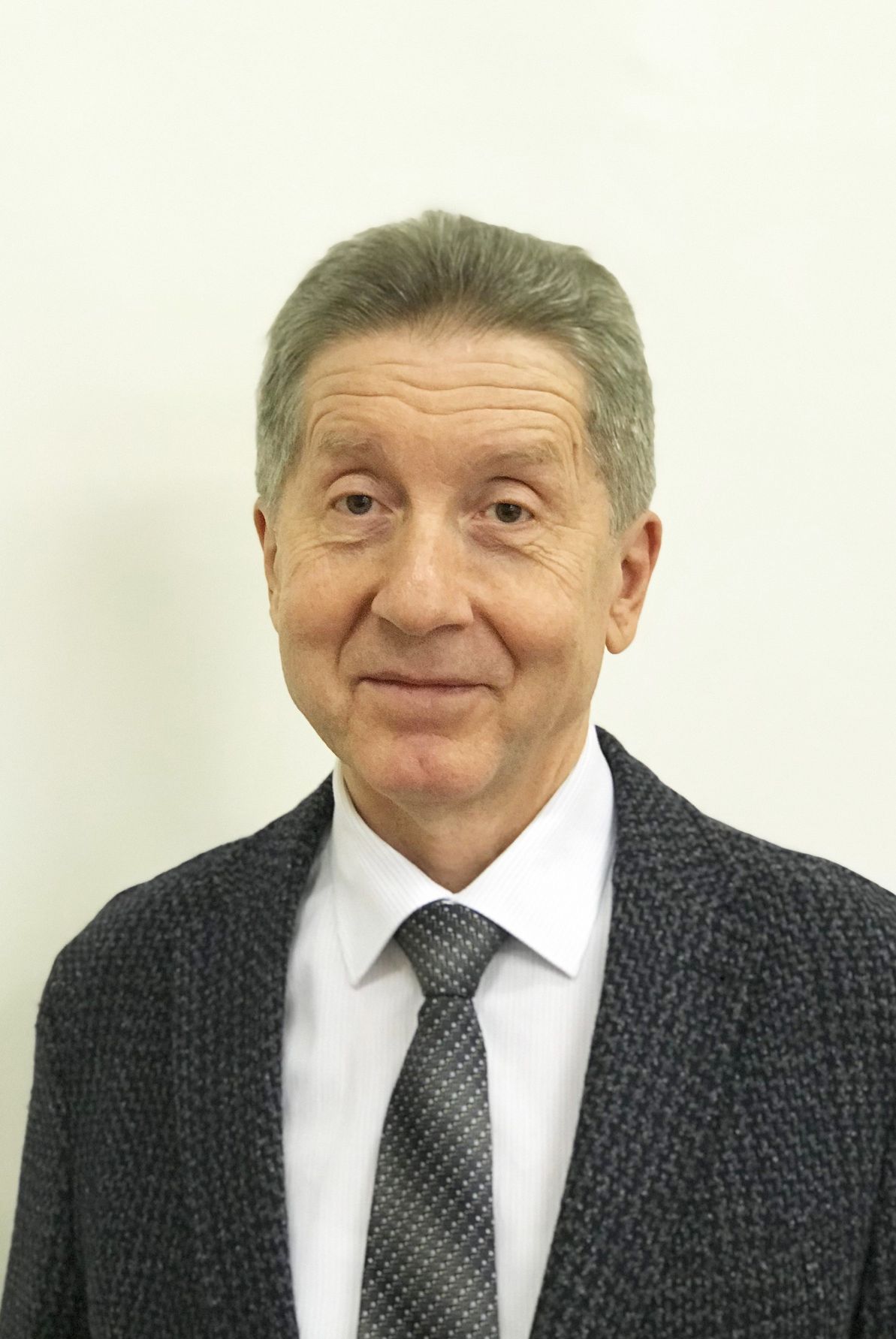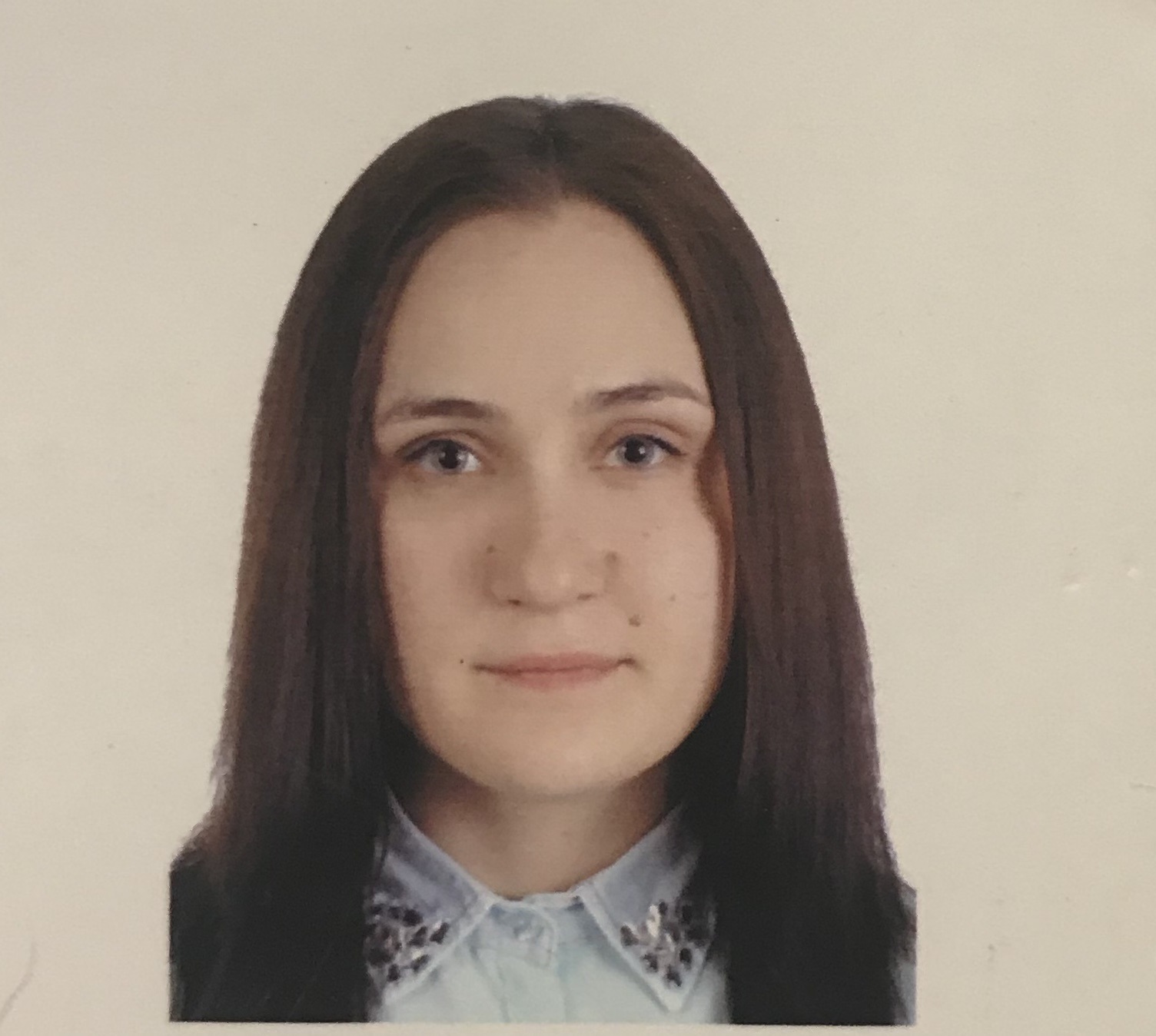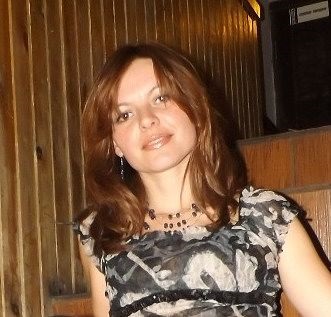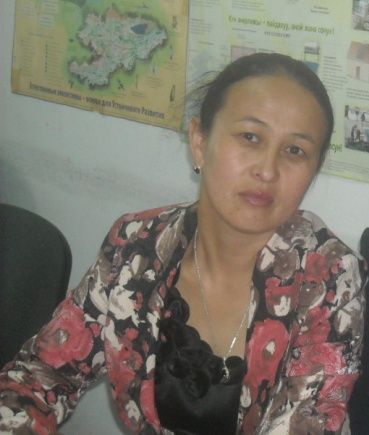Sharov Valerij Dmitrievich
Place of work:¬†Federal State Budget Educational Establishment of Higher Professional Education ‚ÄĚMoscow State Technical University of Civil Aviation‚ÄĚ (MSTU CA), Moscow, Russia
Jobtitle: Professor, Chair of Flight and Life Safety
Academic degree: Doctor of Technical Sciences
Postgraduate specialty:¬†05.22.14 ‚Äď Maintenance of air transport
Scientific major: flight safety control
Important publications:
- Zubkov B. V. Teorija i praktika opredelenija riskov v aviapredprijatijah pri razrabotke sistemy upravlenija bezopasnost’ju poletov / B. V. Zubkov, V. D. Sharov. M.: MGTU GA, 2010. 196 s.
- Sharov V. D. Prognozirovanie i predotvrashhenie vykatyvanij samoleta za predely vzletno-posadochnoj polosy / V. D. Sharov. Germanija: LAP ‚Äď Lambert Academic Publishing, 2013. 112 s.





